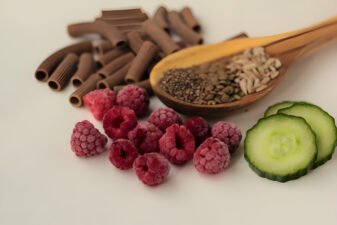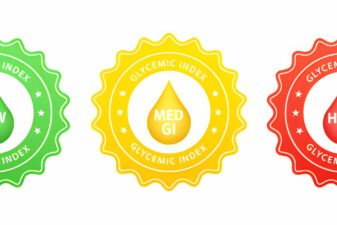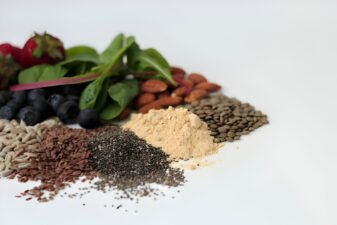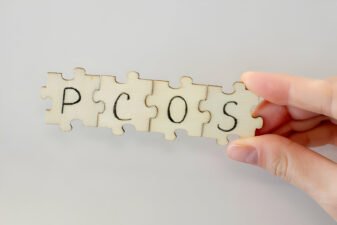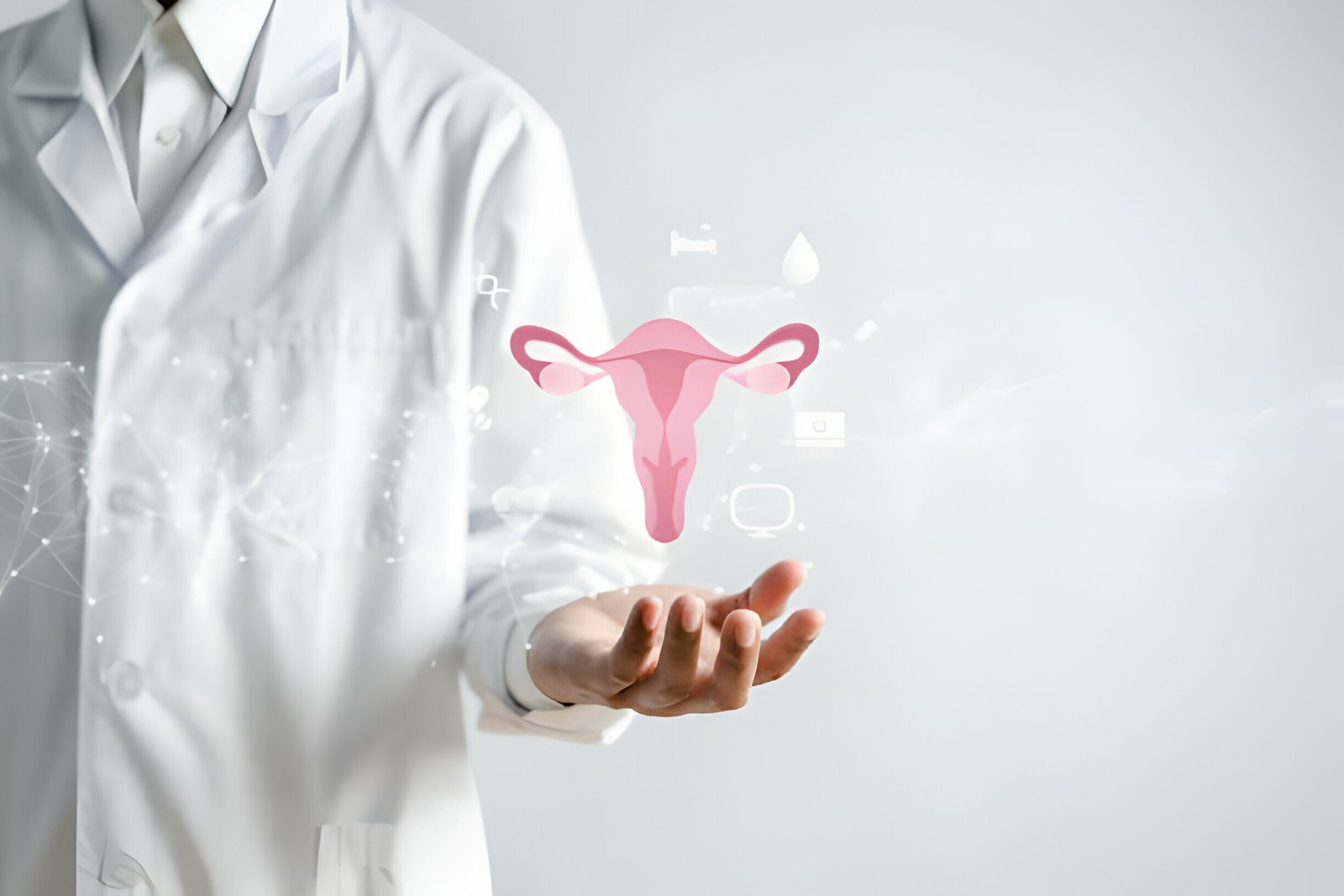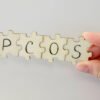What is Polycystic Ovary Syndrome (PCOS)
Polycystic ovary syndrome, or PCOS – also known as Polycystic Ovaries, Stein-Leventhal Syndrome, and Functional Ovarian Hyperandrogenism, is a health condition associated with hormone imbalance and insulin resistance, which can cause a cluster of symptoms, from irregular or absent periods to acne, weight gain, fatigue, depression, hair loss, excess body and facial hair and other less well known signs.
Diet Modification Now Part of Treatment
Symptoms can be mild or severe and can vary widely from woman to woman. It is thought that up to 10 percent of women may have PCOS, even though many patients may not know it because their symptoms may be misdiagnosed as (eg) PMS or stress. Until recently, dietary treatment was not considered important. However, since the discovery that insulin resistance may be an important factor in PCOS, diet and lifestyle improvements are rapidly becoming a part of the overall PCOS treatment plan.
Cause of Polycystic Ovary Syndrome
PCOS is a complex disorder generated by a number of factors. The basic cause of PCOS is thought to be the inability of the ovaries to produce the correct balance of hormones. without the correct hormonal stimulation the ovaries can’t develop or release eggs. This leads to the formation of empty egg follicles on the ovary, known as tiny cysts. Polycystic means “many cysts”.
Underlying Hormonal and Metabolic Problems
Polycystic cysts are different to ovarian cysts, which are usually single and can grow bigger and interfere with ovarian function. In PCOS the string of tiny cysts are thought to be egg follicles which have failed to develop completely to release an egg. Although many people wonder if cysts are the problem the truth is they are a symptom not the cause. PCOS cysts are symptoms of deeper underlying hormonal and metabolic problems. If you are able to improve these underlying problems, through changes in diet and, if needed, medication, the cysts can reduce in number.
Luteinizing Hormone (LH)
Elevated levels of Luteinizing Hormone (LH) have been discovered in some, but not all, PCOS patients. Elevated levels of testosterone are also associated with PCOS and it’s symptoms. Testosterone inhibits ovaluation and causes menstrual irregularity. But the general consensus is that inappropriate levels of LH and testosterone are (again) symptoms rather than causes of PCOS.
Elevated Insulin Levels
Recent research into the cause of PCOS has focused on why some women have elevated levels of insulin. These raised insulin levels probably promote androgen production by the ovaries and contribute to menstrual disturbances common in women patients with PCOS. But as not all patients have high levels of insulin it is not the single cause of the problem.
Genetics
It is known that PCOS runs in families which suggests that the genes controlling androgen and insulin production may play the main role in PCOS. However, other genetic factors may also effect the type and severity of the symptoms experienced. In addition, environmental issues such as diet, lifestyle, weight (about 50-60 percent of women with PCOS are obese) and pollution, also play important roles in the development and control of the condition.
Classic Symptoms of PCOS
The classic signs of PCOS include the following symptoms: overweight, irregular or absent periods, acne, infertility and an overgrowth of facial or body hair. In addition, fatigue, joint pain, hair loss (alopecia), tender breasts, bloating, diabetes with insulin resistance, mood swings and depression are other important signs.
Treatment of PCOS Symptoms
Most individual symptoms can be treated by medication. For details of drug treatment for any of the above PCOS symptoms, please see your doctor. In this article we shall focus on treatments involving diet and lifestyle, especially GI diet treatment.
Can PCOS Be Cured?
No. The general consensus is that there is no cure as such for PCOS, because some women are born with a genetic predisposition or susceptibility for the condition. However, keeping the symptoms under control is within every woman’s grasp, especially if they have insulin resistance or insensitivity which responds to diet and exercise based treatment.

